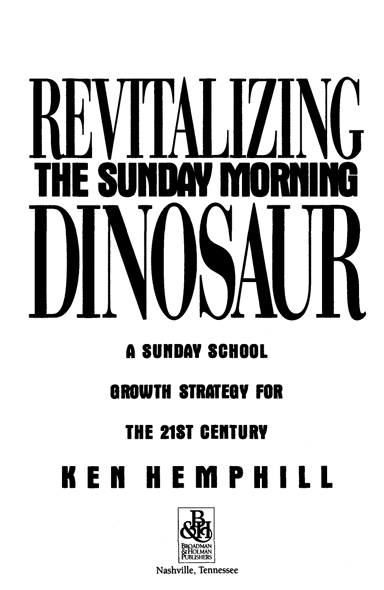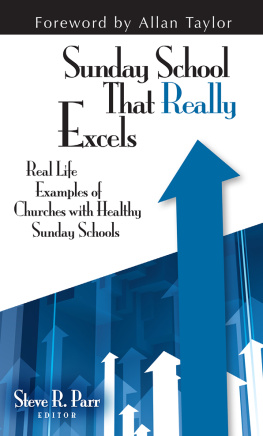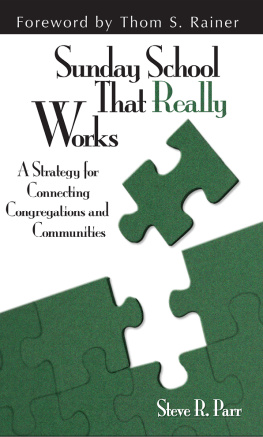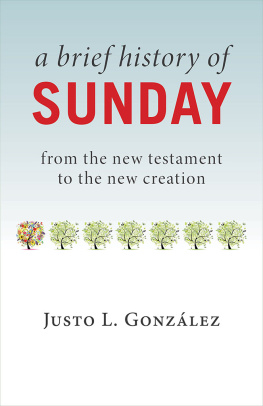Able Assistants for the Professional Minister
Broadman & Holman Professional Development Books recognize church ministry as a distinct profession and encourage the professional growth of church ministers by providing information to help them:
- Learn new ministry methods
- Enrich their skills as preachers, teachers, and counselors
- Enhance their administrative abilities, particularly in the area of strategic planning, accounting, and human resources management
- Improve their abilities to manage church growth
- Stay abreast of trends in ministry
The Professional Development Books Series:
- The Issachar Factor: Understanding Trends that Confront Your Church and Designing a Strategy for Success
- Power House: A Step-by-Step Guide to Building a Church that Prays
- Eating the Elephant: Bite-Sized Steps to Achieve Long-Term Growth in Your Church
- The 12 Essential Skills for Great Preaching
- The Antioch Effect: 8 Characteristics of Highly Effective Churches
- The Empowered Communicator: 7 Keys to Unlocking an Audience
- The Empowered Leader: 10 Keys to Servant Leadership
- Giant Awakenings: Making the Most of 9 Surprising Trends that Can Benefit Your Church
- The Exodus Principle: A 5-Part Strategy to Free Your People for Ministry
- The Word for the Wise: Making Scripture the Heart of Your Counseling Ministry




To Harry Piland, Mr. Sunday School, and his wife, Pat. Harry taught me to see the great evangelistic potential of the Great Commission Sunday School.

ONE
If the Sunday School Is a Church Growth Tool, Somebody Unplugged Mine!
T he Sunday School is the finest integrated church growth tool on the market today! I have begun numerous conferences in various denominational settings with this assertion. My bold declaration has elicited responses varying from mild amusement, to incredulity, to outright scorn, to enthusiastic endorsement. Often religious educators applauded because they felt a certain sense of satisfaction and job security. Many, however, were guarded in their endorsements because they had not seen their ministry in terms of church growth. Other educators were somewhat hostile because they feared that the emphasis on church growth through the Sunday School would compromise their commitment to educational excellence. In truth, their Sunday School programs were not resulting in church growth. Many pastors stared at me blankly thinking, If the Sunday School is a church growth tool, somebody unplugged mine!
These pastors were unconvinced because they had never seen Sunday School function as a church growth tool. Most American churches have a form of Sunday School in place, but they have not experienced any perceptible growth through this organization.
Sunday School as a church growth tool? This sounds hard to believe when some church growth writers are predicting the demise of the Sunday School. They have labeled it a dinosaur, a relic of a past age. Some contend that the Sunday School was an important growth tool of the past, but it is facing extinction as the church enters the twenty-first century. Are they right?
Is the tool simply unplugged from its power source, or is it worn out and due to be replaced like your daddy's Oldsmobile? Are we hanging onto Sunday School like a fine antique automobile? Do we polish it and take it out for a drive down memory lane though we intuitively know that we shouldn't rely on our cherished classic for extended high-speed driving on today's church growth interstate?
This is a critical question because thousands of churches already have a form of Sunday School or small-group organization in place. We must seek to answer this question honestly, for we are investing valuable resources of money and time in the Sunday School structure. Our intention should never be to preserve an organization for the sake of sheer nostalgia; we need to find tools and organizations that will enable us to fulfill the Great Commission most efficiently. I believe that with a few adjustments aimed at modernization and contextualization, the Sunday School organization can be raised up from its growth malaise and take its place as the church growth tool of the twenty-first century. We can reanimate the behemoth of church growth.
A Brief Historical Perspective
Few would debate the significant role of Sunday School in the history of church growth. Yet we must take a glance backward to learn lessons for the future. It is my conviction that the Sunday School has not lost its effectiveness as a growth tool, but that we no longer use it for its intended purpose. A screwdriver is an effective tool when used properly but is totally ineffective at driving nails.
Building on the British model
Sunday Schools first appeared in America during the 1790s. Anne M. Boylan, in her study, Sunday School: The Formation of an American Institution, 1790-1880, writes, Inspired by British examples, most [Sunday schools] were designed to provide rudimentary instruction to poor working children on their only free day of the week. Robert Raikes and other British evangelicals had pioneered this model during the 1780s by collecting children off city streets, cleaning them up, and keeping them in school for two long Sunday sessions.
The British model of Sunday School was primarily a mission school aimed at providing basic education for those unable to attend public education.
Developing on evangelistic purpose
Using the Sunday School program to evangelize children is of such historic significance that Boylan devotes an entire chapter to the discussion of conversion and Christian nurture. She writes, The earliest goal of evangelical Sunday school workers was simply to bring religious knowledge, and the behavior associated with it, to lower-class youth. But they accomplished much more: They would also provide a foundation upon which their charges could construct moral lives. True morality, in their view, emanated from knowledge of the individual's ultimate accountability to God for his or her actions; without that knowledge, individuals had no incentive to behave correctly. There was even an evangelistic motive. Although teachers did not expect their instruction to guarantee conversionsuch an expectation would challenge the orthodox doctrine of inabilitythey did hope for subsequent conversions among pupils who participated in revivals and believed that Sunday school instruction would at the very least rectify and enlighten their consciences, creating prudent and circumspect individuals.
Denominationalism of the Sunday School
The earliest American Sunday School organizations were interdenominational and paraecclesiastical. Concern for evangelism, doctrinal purity, and a clear stand on moral issues led to the denominationalization of Sunday School. As children were converted through the Sunday School, there arose a greater concern to develop material to teach the unique doctrines of the various denominational groups that employed the Sunday School system through the church.
Next page

















